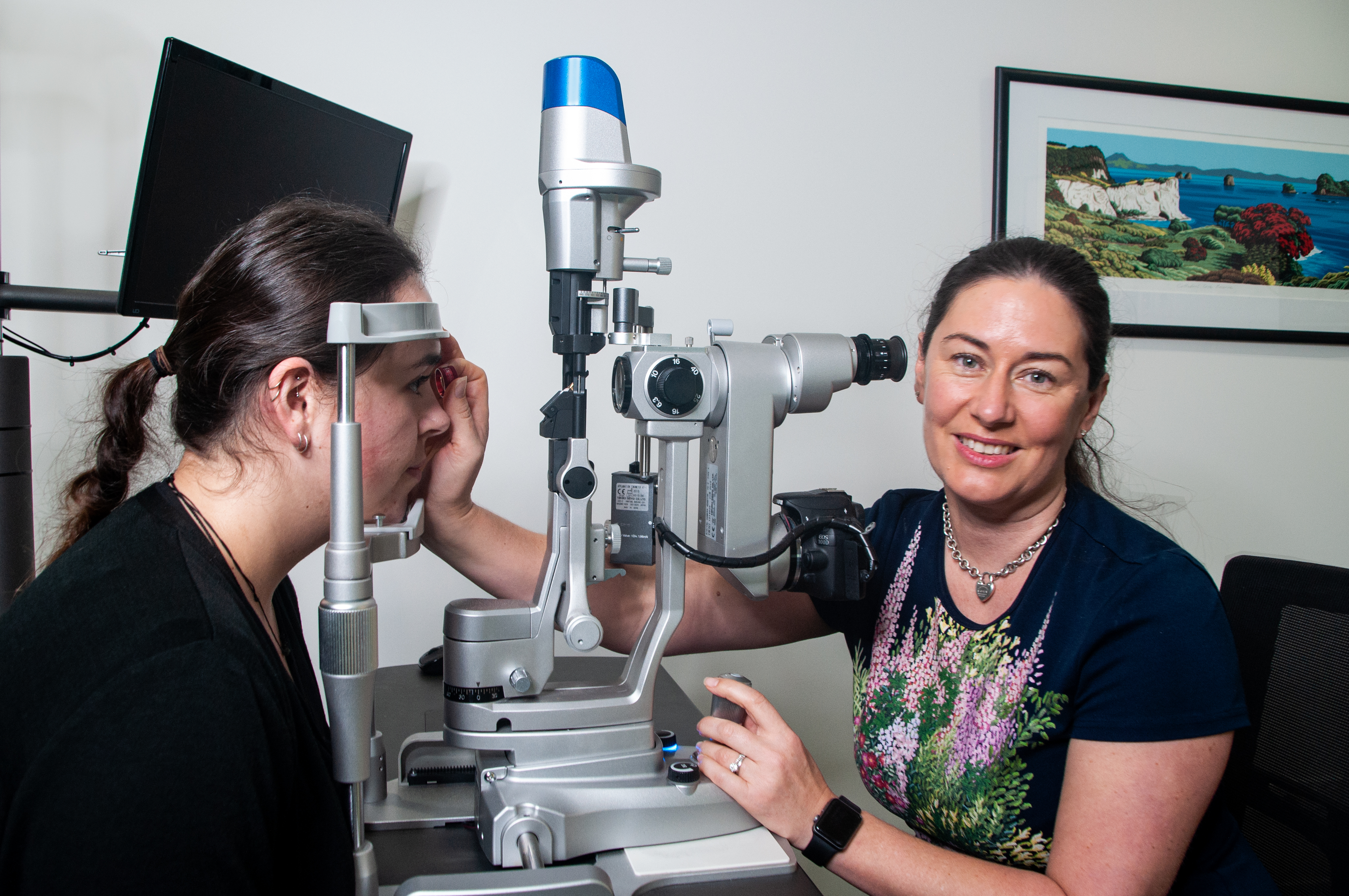Supporting New Zealanders Living with Glaucoma
Helping Kiwis navigate glaucoma with knowledge, community support, and resources that empower people to manage their vision health.

Cataract surgery is one of the most performed and successful procedures in the world, restoring vision, independence, and quality of life for millions of people every year. But the journey to clearer sight doesn’t end once you leave the operating theatre.
A smooth and steady recovery is key to ensuring the best possible outcome. Whether you’re preparing for surgery, or you’ve just had it, this guide will walk you through what to expect, how to care for your eyes, and practical tips to help you heal confidently.
Right after surgery, your eye will be covered with a protective shield or patch. This helps prevent accidental touching or injury while your eye begins to heal. Unless instructed otherwise by your surgeon, leave the shield in place.
What you might experience:
Helpful tips:
⚠️ If you had IV sedation or general anaesthesia, do not drive, drink alcohol, use machinery, or sign legal documents for at least 12 hours.
Eye drops are your best friends during recovery as they prevent infection, control inflammation, and support healing. After surgery, you will be provided with eye drops that best suit your needs.
Application tips:
💡 Bonus Tip: Set alarms or reminders on your phone to help you stay on schedule, especially during the first week when drops are most frequent.
This is a delicate time, your eye is adjusting and healing, so take things slow and follow these precautions:
Do:
Don’t:
You might experience:
While complications are rare, it’s important to act quickly if you notice any of the following:
Contact your eye care provider immediately if any of these occur.
Your post-op check-up (usually within a week) is crucial. Your ophthalmologist will:
Whether you’re recovering from cataract surgery or exploring your options, our friendly and experienced team is here to guide you every step of the way.

Helping Kiwis navigate glaucoma with knowledge, community support, and resources that empower people to manage their vision health.

We are delighted to celebrate a milestone for Dr Rachael Niederer, who has been promoted to Associate Professor at the University of Auckland.

Let’s explore the science and the wonder behind these tiny but powerful organs.